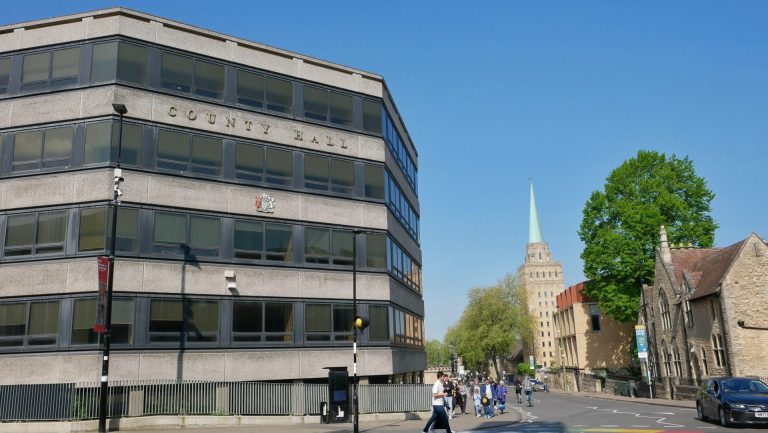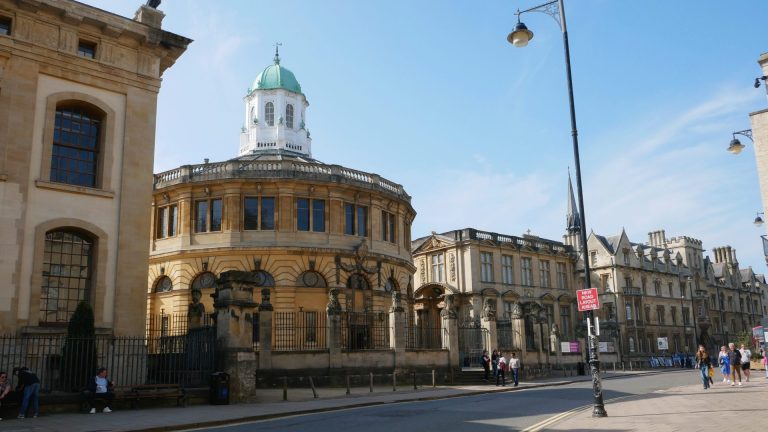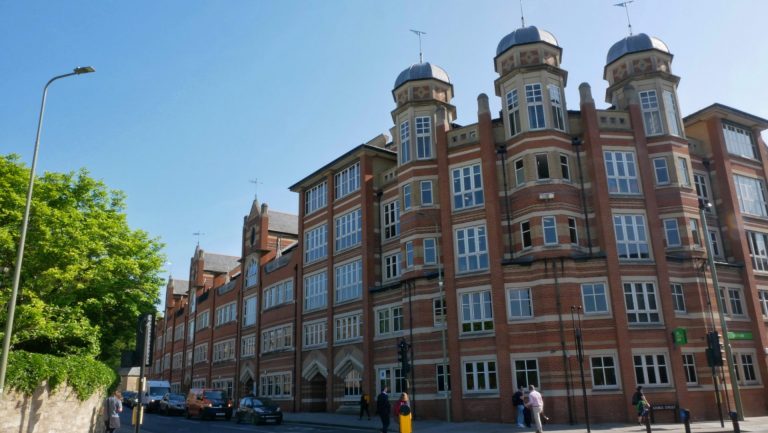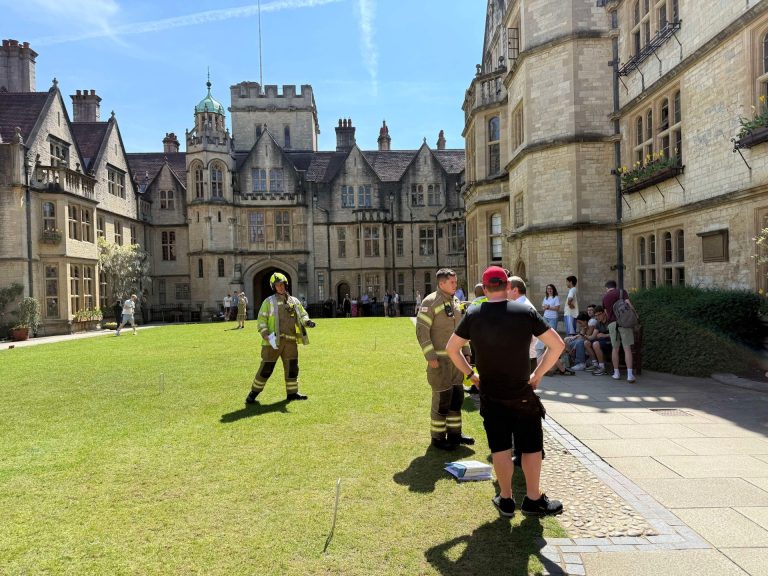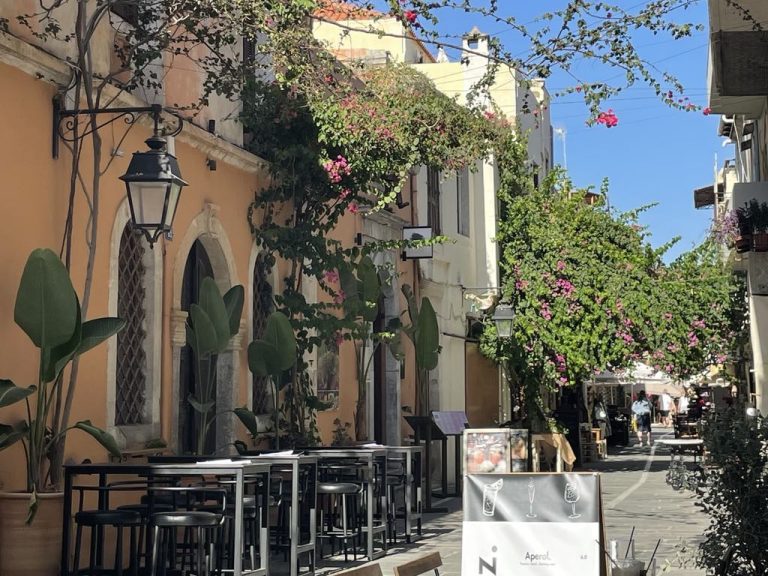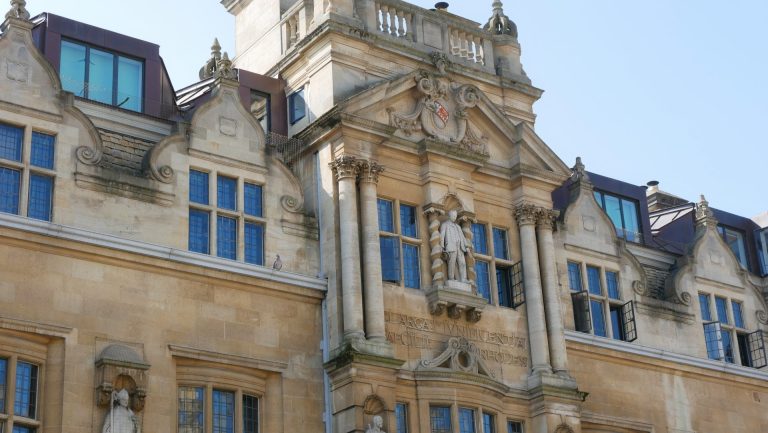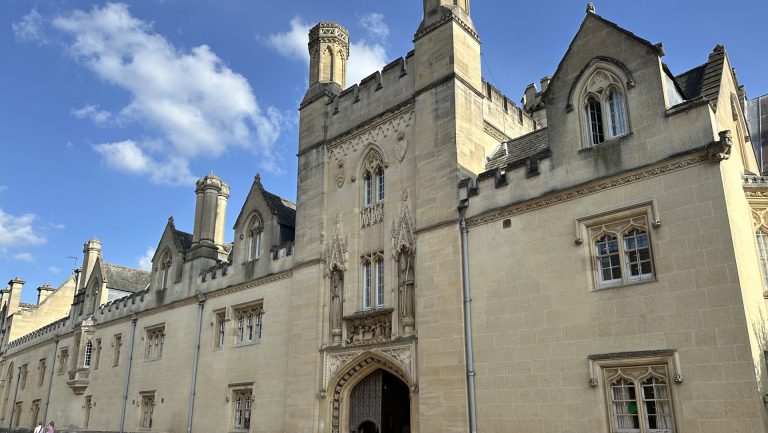Oxfordshire residents voted in what was expected to be Oxfordshire County Council’s last election on Thursday 1st May after the UK government announced intentions to reform local government in December of last year. The Liberal Democrats gained a majority in the chamber, winning 36 seats.
A total of 69 councilors were elected, with the number of contested seats increasing from 63 to 69 following a review by the Electoral Boundary Commission.
Results of the election were announced on Friday, 2nd May. The Lib Dems saw a 12-seat increase compared to the last elections, giving them an outright majority and overall control of the council’s chamber. Previously, the council had been under no overall control since 2013, relying on a coalition between the Lib Dems and the Green Party in the last elected chamber.
The Greens also saw electoral success, winning four additional seats, bringing their total number of councillors to seven. Meanwhile, the Residents’ Association held on to their one seat on the council, and Reform UK elected their first-ever Oxfordshire councillor.
Liz Leffman, the current Lib Dem leader of the council, said that the election was “everything I could have hoped for”, whilst newly-elected Reform UK councillor Hao Du said he was “exhausted but very honoured” to be elected.
Both Labour and the Conservatives lost seats in the election. Labour won a total of 12 seats, a three-seat loss compared to the last elected chamber, whilst the Conservatives lost 15 seats, leaving them with only ten seats in the chamber.
Oxfordshire currently has a two-tier system of local government meaning that local services are provided by a combination of councils. Across Oxfordshire, services such as social care, waste collection, and transport are provided by Oxfordshire County Council where elections took place on Thursday.
Meanwhile, in the city of Oxford, local services such as planning, licensing, and tax collection are the responsibility of Oxford City Council. Elections for the city council took place last year.
The UK government has announced its intention to simplify this two-tier system by 2028. This means that Thursday’s election was likely the last ever election for Oxfordshire County Council.
Instead of this two-tier structure, local government in Oxfordshire will be replaced by one or more unitary local authorities as well as the election of a new regional Mayor. The precise structure and geographic boundaries of these offices are yet to be determined.
Announcing an overhaul of local government structures in December last year, Deputy Prime Minister Angela Rayner said: “We have an economy that hoards potential and a politics that hoards power. So our devolution revolution will deliver the greatest transfer of power from Whitehall to our communities in a generation.”
Speaking to Cherwell, Oxfordshire politicians have widely welcomed the plans to restructure local government in Oxford. The Conservative Party, however, have expressed scepticism over the plans with Shadow Secretary of State Kevin Hollinrake calling the plans “delegation, not devolution”.


